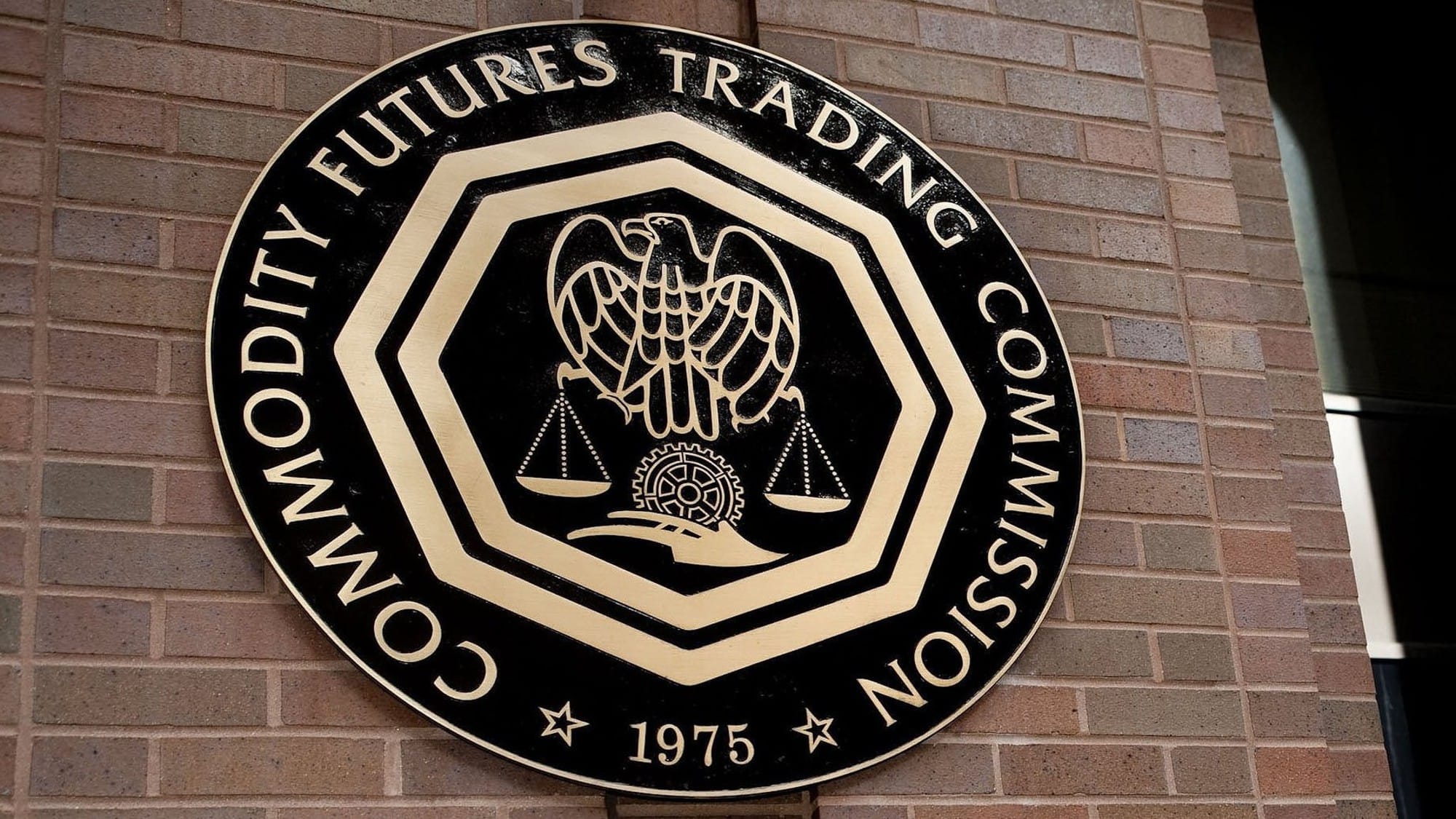Gemini Crypto Exchange Accuses CFTC of Abusive Practices in 7 Year Legal Battle

Gemini, a prominent U.S. based cryptocurrency exchange, has lodged a formal complaint against the Commodity Futures Trading Commission (CFTC), alleging the agency engaged in a prolonged and unjust campaign against the firm. In a detailed letter to the CFTC Inspector General, Gemini’s legal team claims the agency’s Division of Enforcement (DOE) pursued a baseless case rooted in fraudulent whistleblower claims, costing taxpayers millions and undermining the exchange’s operations. The complaint, filed on June 13, 2025, highlights what Gemini describes as a systemic failure within the CFTC, accusing the DOE of prioritizing personal agendas over public interest. This development comes as the crypto industry navigates evolving regulatory landscapes, with Gemini’s case shedding light on broader concerns about enforcement practices.
The dispute traces back to 2017, when Gemini entered the Bitcoin futures market, a move that drew scrutiny from the CFTC. According to Gemini’s legal counsel, Jack Baughman of Baughman Kroup Bosse, the DOE initiated an investigation based on a whistleblower report from a discredited former employee, Benjamin Small. The report falsely alleged that Gemini omitted critical information in statements to the CFTC’s Division of Market Oversight regarding its Bitcoin auction process. Gemini contends that the DOE’s case lacked evidence of intentional wrongdoing and relied on questionable legal tactics to pressure the exchange into a $5 million settlement in January 2025, which Gemini accepted without admitting fault.
Last week, @Gemini lodged a complaint with the Inspector General of the @CFTC regarding the conduct of 9 lawyers in the Division of Enforcement. For 7 years, these lawyers misused their offices and millions of taxpayer dollars to engage in trophy-hunting lawfare against Gemini to… pic.twitter.com/ziatPc0Xif
— Tyler Winklevoss (@tyler) June 17, 2025
A Pattern of Overreach and Unfair Treatment
Gemini’s complaint paints a troubling picture of the DOE’s conduct, accusing the agency of weaponizing its authority to target the exchange unfairly. The letter details how the DOE ignored evidence that Gemini was itself a victim of fraud, perpetrated by customers who exploited the exchange’s rebate system. Despite recovering $7.45 million from these bad actors, Gemini faced no reprieve from the DOE, which instead pursued charges based on alleged omissions that Gemini argues were neither requested nor material to the CFTC’s decisions. The exchange also highlights the DOE’s failure to act against the fraudulent customers or the whistleblower, whose falsehoods were later confirmed by a 2022 arbitration ruling that awarded a Gemini affiliate $5 million against Benjamin Small.
The complaint further criticizes the DOE for adopting legal positions that Gemini claims violated due process. By invoking broad interpretations of privileges, such as the deliberative process privilege, the DOE allegedly withheld exculpatory evidence, making it nearly impossible for Gemini to mount a defense. Additionally, Gemini accuses senior DOE officials of interfering with an affiliate’s application to become a designated contract market, a move the exchange believes was intended to coerce a settlement. These actions, Gemini argues, reflect a culture within the DOE that prioritizes high-profile wins over fairness and accountability.
The timing of Gemini’s complaint aligns with significant shifts in the regulatory environment for cryptocurrencies. President Donald Trump’s recent pledge to reform financial oversight agencies, including the CFTC, has sparked discussions about curbing enforcement-driven regulation. Trump’s nominee for CFTC Chair, Brian Quintenz, has emphasized the need for clearer crypto classifications and streamlined oversight, a stance that resonates with Gemini’s call for reform. The exchange’s letter cites statements from Acting CFTC Chairman Caroline Pham, who has publicly criticized the DOE’s tactics and advocated for a fairer approach to market regulation.
Gemini’s experience underscores broader concerns within the crypto industry about regulatory clarity and fairness. The exchange, founded by Cameron and Tyler Winklevoss, has positioned itself as a compliant player, choosing to operate within the U.S. regulatory framework rather than offshore. Yet, the 7 year ordeal with the CFTC has left Gemini questioning the agency’s commitment to fostering innovation. The complaint argues that the DOE’s actions not only harmed Gemini but also stifled progress in a sector poised to reshape global finance.
As the CFTC faces internal and external pressure to reform, Gemini’s complaint serves as a rallying cry for change. The exchange has offered to assist the Inspector General in investigating the DOE’s practices, signaling its intent to hold the agency accountable. With Congress exploring legislation to clarify crypto regulations, Gemini’s case could influence how regulators balance consumer protection with industry growth.

